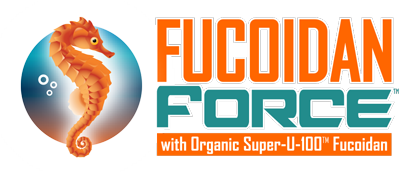The National Health Interview Survey, NHIS, reports that people don’t use complimentary health approaches because they don’t know enough about them. The new analysis, which was published in the Plos One Research Journal, discovered that people are less likely to know about and use complimentary health strategies if they have lower educational levels and incomes – even for low-back pain — which is the most common conditions that motivates people to get medical treatment.
Every year the NHIS interviews tens of thousands of Americans on the topic of health and illness-related experiences — this research centered on an additional 36 complimentary health approaches used in the United States, including reasons of non-use of four common examples – chiropractic, natural products, acupuncture, and yoga. The findings report that participants with lower educational, socioeconomic and income levels cited a “lack of knowledge” as the reason for not using common complementary health approaches, as well as those who were physically inactive.
When asked about these findings, the study lead author said “If individuals with health concerns, such as low-back pain, are aware of clinically appropriate complementary therapies, they might use them. Additionally, these disparities in the use of complementary health approaches, related to education and other socioeconomic factors, may negatively affect quality of care. These findings illustrate the need for strategies to help reduce the disparities in understanding and to improve access to health care.”
The new study is unique because, though previous research has been done to evaluate who uses complementary health approaches, this survey was specific to those who do not and also addresses the underlying reasons.
When asked about these findings, Frank Reyburn, a spokesman for a popular natural health community, said “This is the kind of wake-up call our community needed to realize just how little is known about the benefits of natural health. It has long been proven that practices like yoga and acupuncture, when used in conjunction with formal medical treatments, can greatly improve the patients chances of making a full recovery. Now that we know where our attention needs to be targeted, we shouldn’t hesitate to make the necessary changes to reach these people who need to know more.”




 © 2016 fucoidanforce.com. All rights reserved.
© 2016 fucoidanforce.com. All rights reserved.